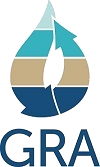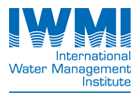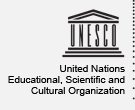Presentations 2016
Holley, Cameron
Presentation Title
Regulating Water Bore Drillers: Lessons from Australia
Institution
Connected Waters Initiative Research Centre, UNSW Australia
Presentation
Profile Picture

Abstract
Drillers of water bores are vital but rarely-examined actors in water law and regulation. They carry out drilling, bore construction, and other work on bores on behalf of landholders to supply groundwater for stock, domestic, agricultural/irrigation and town water supply purposes. The quality of drilling practices can have significant impacts on groundwater misuse, wastage and degradation, and the location, size and use of bores can impact on the sustainability of groundwater resources. As such, Australia licenses and regulates their activities to ensure the protection of groundwater resources and the long-term economic production of groundwater.Beyond the need to regulate the drilling industry, drillers themselves play a unique role in providing information to agricultural landholders. Because landholders will typically engage a driller to access groundwater, drillers may be the first points of contact about the landholder’s obligations under water management legislation (e.g. to obtain necessary approvals). This role means that drillers have the potential to be a key party that assist or undermine agricultural water user compliance with their obligations under water management legislation.Given the limited examination of the regulation of drillers to date, and their potential lynchpin role in ensuring landholder compliance, this paper examines and assesses the operation of drilling regulation in New South Wales, Australia. Drawing on approximately 45 interviews with drillers and government officers, it provides insights into the effectiveness of these regulations. Its findings reveal some success, but suggest regulation remains confounded by a lack of inspectoral oversight due to geography, resourcing and driller mobility, and current administrative and training arrangements. The paper canvasses options for addressing these challenges, and argues that more effective regulation requires utilising remote monitoring technology and engaging drillers in the regulatory process through a best practice accreditation approach. |












